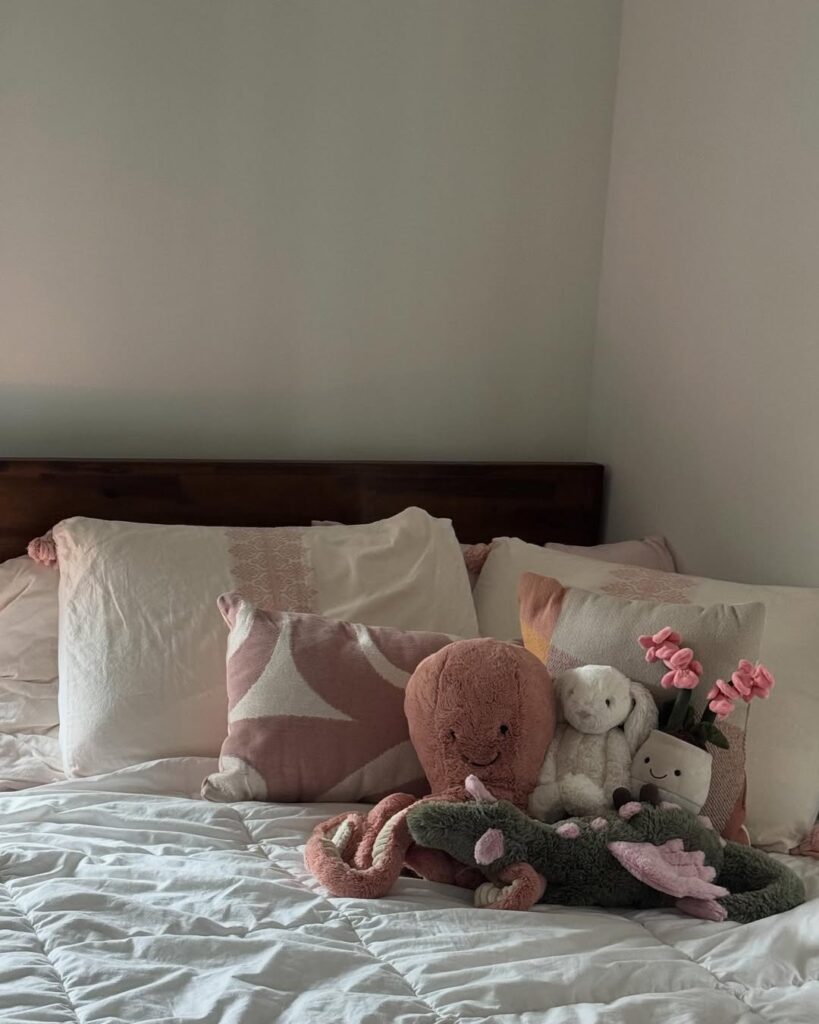In our fast-paced world, the connection between a clean environment and our physical and mental health is often underestimated. While it may seem like a mundane chore, room preparation and cleaning play a vital role in promoting good health. From reducing the spread of illnesses to improving mental well-being, maintaining clean and organized living spaces has benefits that extend far beyond aesthetics. A clean room is not just a sign of tidiness; it is a reflection of personal care and a contributor to overall wellness.

1. Reduction of Germs and Allergens
One of the most immediate health benefits of regular room cleaning is the reduction of harmful bacteria, viruses, and allergens. Dust, mold spores, pet dander, and pollen can accumulate quickly, especially in carpets, curtains, and upholstered furniture. These particles can trigger allergies and respiratory problems, such as asthma. Vacuuming with a HEPA filter, wiping down surfaces with disinfectants, and laundering bedding regularly can significantly decrease the presence of these irritants.
Furthermore, cleaning high-touch surfaces—such as doorknobs, light switches, remote controls, and countertops—helps to prevent the spread of infectious diseases. Viruses like the common cold, flu, and even COVID-19 can linger on surfaces for hours or even days. By disinfecting regularly, the risk of transmission within households or communal living environments is drastically lowered.
2. Improved Air Quality
Room preparation and cleaning contribute to better indoor air quality. When dust and debris accumulate, they not only settle on surfaces but also circulate through the air. Poor air quality can cause a range of health issues, from headaches and fatigue to long-term respiratory conditions. Cleaning air vents, changing HVAC filters, and keeping the space free from clutter all support a cleaner and healthier airflow.
In addition to reducing physical pollutants, cleaning can also eliminate unpleasant odors. The smell of mold, mildew, or stale air can be both annoying and unhealthy. Proper ventilation, the use of natural cleaning products, and keeping indoor plants can help purify the air, making it fresher and more enjoyable to breathe.

3. Better Sleep and Mental Health
A clean room is a peaceful room. Numerous studies have shown that people sleep better in clean, well-organized spaces. A cluttered bedroom can lead to anxiety, restlessness, and poor sleep quality. This is especially important because quality sleep is essential for good health—it boosts the immune system, improves concentration, and supports emotional stability.
When our surroundings are in order, we are more likely to feel calm and in control. Cleaning and organizing can also have therapeutic effects. The act of cleaning itself can be a form of physical activity that relieves stress and provides a sense of accomplishment. For people struggling with anxiety or depression, establishing a routine that includes room cleaning can be a small but powerful step toward recovery.
4. Encouragement of Healthy Habits
A clean environment encourages other healthy behaviors. For example, people are more likely to cook nutritious meals in a clean kitchen, exercise in a clutter-free room, or practice mindfulness in a calm, orderly space. Conversely, a disorganized environment often leads to unhealthy habits like eating takeout, avoiding exercise, or procrastinating on important tasks.
Room preparation is also essential in creating dedicated spaces for specific activities—such as studying, working, sleeping, or exercising. Each function benefits from an environment tailored to it. For instance, a clean and organized desk can boost productivity, while a serene bedroom can enhance relaxation and sleep quality.

5. Prevention of Accidents and Injuries
Cleaning and organizing also reduce the risk of physical accidents. Tripping over clutter, slipping on spilled liquids, or bumping into furniture are common hazards in messy spaces. For older adults or people with mobility issues, these risks are even more serious. Maintaining a tidy room with clear pathways and secure flooring can prevent injuries and promote safer living conditions.
Room preparation also involves checking that everything is in proper working order. Ensuring that electrical outlets are not overloaded, smoke detectors are functioning, and no mold is growing in hidden corners can prevent more serious health and safety hazards.
6. Boosting Immune System and Energy Levels
While it may not be obvious at first glance, a clean living environment can have a positive effect on the immune system. When the body isn’t constantly fighting off allergens, bacteria, and stress-induced fatigue, it can focus on maintaining its natural defenses. Moreover, the physical activity involved in cleaning—such as scrubbing, lifting, and organizing—gets the blood pumping and provides a light form of exercise, which in itself boosts immune function.
Additionally, clean environments tend to make people feel more energized and motivated. A clutter-free space can lead to a clearer mind, making it easier to concentrate, make decisions, and take action. This sense of control and clarity supports both productivity and emotional well-being.

7. Social and Emotional Benefits
Clean rooms also contribute to our social lives and emotional confidence. When our homes are clean, we’re more likely to invite friends and family over, strengthening our social connections. On the other hand, clutter and mess can cause embarrassment and isolation. Maintaining a clean space fosters a sense of pride and hospitality, which are important for emotional health.
Additionally, teaching children the importance of cleanliness and responsibility from a young age helps instill lifelong habits that support health and discipline. When everyone in a household contributes to cleanliness, it fosters teamwork, respect, and shared responsibility.
8. The Role of Routine and Consistency
Consistency is key in room preparation and cleaning. Doing a deep clean once a year is not enough to maintain health. Instead, establishing a regular schedule for light daily tasks, weekly clean-ups, and monthly deep cleans helps keep things under control. This kind of routine also reinforces mental discipline and reduces the feeling of being overwhelmed by large, infrequent cleaning projects.
Creating a checklist or schedule, and involving all members of a household, can make the process more manageable and even enjoyable. Using natural or pleasant-smelling cleaning products can enhance the experience and make it feel less like a chore.
Conclusion
Room preparation and cleaning are not just domestic responsibilities—they are fundamental practices for good health. A clean space supports physical health by reducing germs, allergens, and safety risks. It enhances mental health by lowering stress, promoting restful sleep, and encouraging positive routines. Moreover, a clean environment fosters productivity, strengthens social relationships, and reinforces a sense of control and well-being.
While it may seem simple, the regular act of cleaning a room is a profound investment in one’s health. In a world where many health problems stem from lifestyle and environmental factors, room preparation and cleanliness stand out as accessible, affordable, and effective tools for living better. Clean your room, and you clean up more than just a space—you clean up your mind, your habits, and your life.



